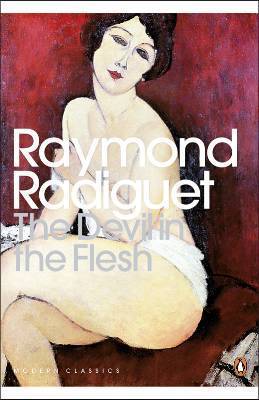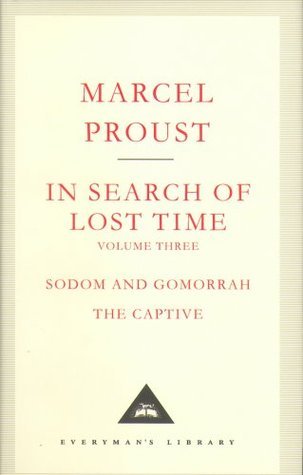
The Devil in the Flesh
Book Description
Desire and betrayal collide in a whirlwind of passion in 'The Devil in the Flesh.' When a young man becomes infatuated with a beautiful woman, the thrill of their illicit affair sparks a firestorm of emotions that tests the limits of love, loyalty, and morality. As their secret relationship unfolds amidst the backdrop of war, guilt and longing intertwine, plunging them into a tumultuous dance of desire that threatens to consume them both. With every stolen moment, the stakes rise higher—will their love survive the consequences of their reckless pursuit? What happens when lust becomes an all-consuming devil?
Quick Book Summary
"The Devil in the Flesh," written by Raymond Radiguet, is a provocative exploration of youthful passion and the complexities of forbidden love set against the backdrop of World War I. The novel follows a precocious teenage boy who embarks on a passionate affair with Marthe, an older woman whose husband is away at the front. Their relationship, fraught with secrecy and societal taboo, steadily spirals into obsession and emotional turbulence. Radiguet poignantly examines the pain of unrestrained desire and the moral ambiguity of their actions as the lovers navigate guilt, betrayal, and the stifling constraints of their environment. The book captures the heady excitement and devastating consequences of a love that flouts convention, ultimately questioning whether such desire can endure or only lead to ruin.
Summary of Key Ideas
Table of Contents
Forbidden Love and Illicit Desire
A young narrator, still in his teens, becomes irresistibly drawn to Marthe, a woman recently married to a soldier fighting in World War I. The intensity of their attraction leads to the start of a clandestine affair. The secrecy and danger heighten their passion, awakening the narrator to the exhilarating and confusing world of adult emotions. Through their illicit relationship, Radiguet explores not only the overwhelming nature of desire but also the recklessness of youth, painting a vivid portrait of romantic awakening that subverts societal norms and boundaries.
Innocence, Youth, and Coming of Age
World War I looms in the background, amplifying the fears, uncertainties, and tensions that infiltrate daily life. The war's impact is profound: with many men sent to the front, social structures become unstable, while emotional needs go unfulfilled. This context allows forbidden romances to flourish, but also shadows the lovers' affair with anxiety and the knowledge that the return of Marthe’s husband will bring dire consequences. The war thus becomes a metaphor for personal turmoil, loss, and the fragility of human connection.
War as a Backdrop for Turmoil
Guilt and betrayal underscore every stolen moment together. Marthe's internal struggle with her loyalty to her absent husband, her longing for affection, and her identification with the suffering on the front give their love a tragic dimension. The narrator, while consumed by love, grapples with his own innocence and the moral repercussions of his pursuit. The pair's emotional volatility underscores the universal struggle between desire and duty, and the destructive power of guilt that colors every aspect of their relationship.
Guilt, Betrayal, and Moral Conflict
Radiguet’s characters are continually forced to confront societal expectations and the consequences of defying them. The lovers are both enticed and tormented by the taboo of their affair, feeling both liberated and isolated. Family pressures, gossip, and the ever-present threat of exposure highlight the rigid moral codes of their era. The protagonist is forced to mature quickly, facing the bitterness of heartbreak and the impossibility of sustaining a love that cannot exist in the open.
Societal Expectations versus Personal Passion
Ultimately, "The Devil in the Flesh" is a meditation on the volatility of love, youth, and passion. Radiguet deftly captures moments of rapture and ruin, revealing how the intensity of forbidden desire can both heighten and destroy. The conclusion brings loss and tragedy, underscoring the dangers of pursuing love without restraint. The novel endures as a classic exploration of the human heart, with its blend of innocence, recklessness, and the unyielding complexity of moral choice.
Download This Summary
Get a free PDF of this summary instantly — no email required.





